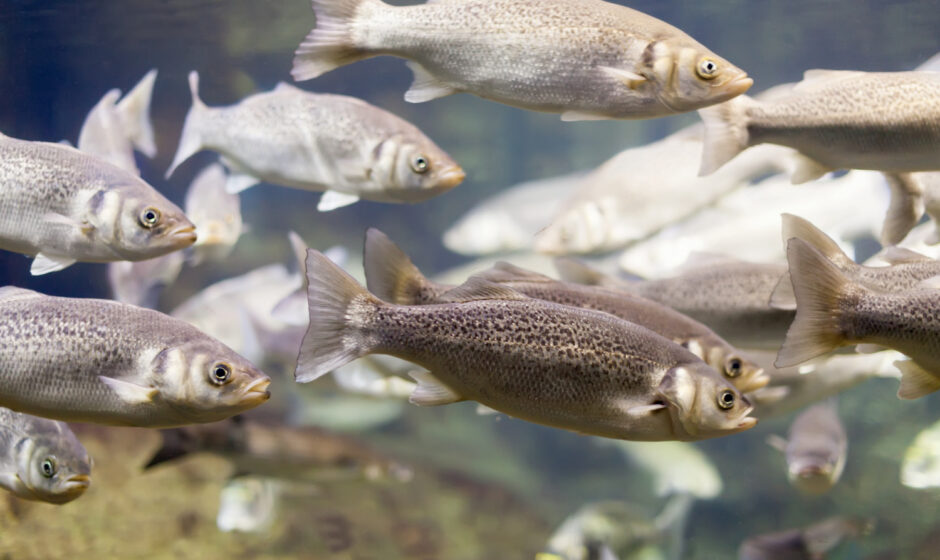The aquaculture sector in India is poised for a transformative leap forward with the integration of drone technology and remote sensing techniques. Kenton L Morgan, a former emeritus professor of epidemiology at the University of Liverpool, United Kingdom, shed light on this groundbreaking development during the AquaEpi III conference held at the ICAR-National Bureau of Fish Genetic Resources (NBFGR) in Lucknow.
Morgan emphasized the immense potential of drones and remote sensing to revolutionize aquatic epidemiology, enabling the early detection and identification of diseases in fish and other aquatic animals. This technological advancement holds immense promise for India, which ranks as the second-largest producer of aquatic animals globally, only behind China.
India’s substantial investments in research and development, coupled with a large pool of trained scientists, places it in a prime position to become a global leader in aquatic disease surveillance. The country’s expertise in quantum computing, remote sensing, big data analysis, and machine learning further strengthens its potential to harness the power of these emerging technologies.
Morgan highlighted the challenges faced in locating aquaculture farmers and identifying fish ponds, particularly in remote areas. Drone technology, along with satellite imagery, offers a promising solution, enabling precise identification of aquaculture sites and facilitating timely interventions. This approach has already been successfully tested in Taiwan, China, and Japan.
The AquaEpi III conference brought together 24 renowned international experts and scientists alongside 250 delegates, fostering a collaborative environment for sharing insights and experiences in addressing the current challenges in aquatic animal health. The conference, organized in collaboration with the National Fisheries Development Board and the Aquatic Biodiversity Conservation Society (ABCS), aims to provide actionable recommendations for reducing disease risks and promoting sustainable growth of the aquaculture sector.
In his address, Uttam Kumar Sarkar, director of ICAR-NBFGR, emphasized the importance of the conference in devising strategies to enhance aquaculture productivity and sustainability. J.K. Jena, Deputy Director General (Fisheries Science & Animal Science) at ICAR, New Delhi, underscored the role of epidemiology in diversifying and managing the aquaculture sector, while Edgar Brun, Director of the Department of Aquatic Animal Health and Welfare at the Norwegian Veterinary Institute, Norway, reiterated the significance of epidemiology research in aquaculture development.
The integration of drone technology and remote sensing marks a pivotal moment in the evolution of aquaculture disease surveillance. India’s commitment to research, innovation, and technological advancements positions it as a frontrunner in revolutionizing this critical aspect of aquaculture management.

